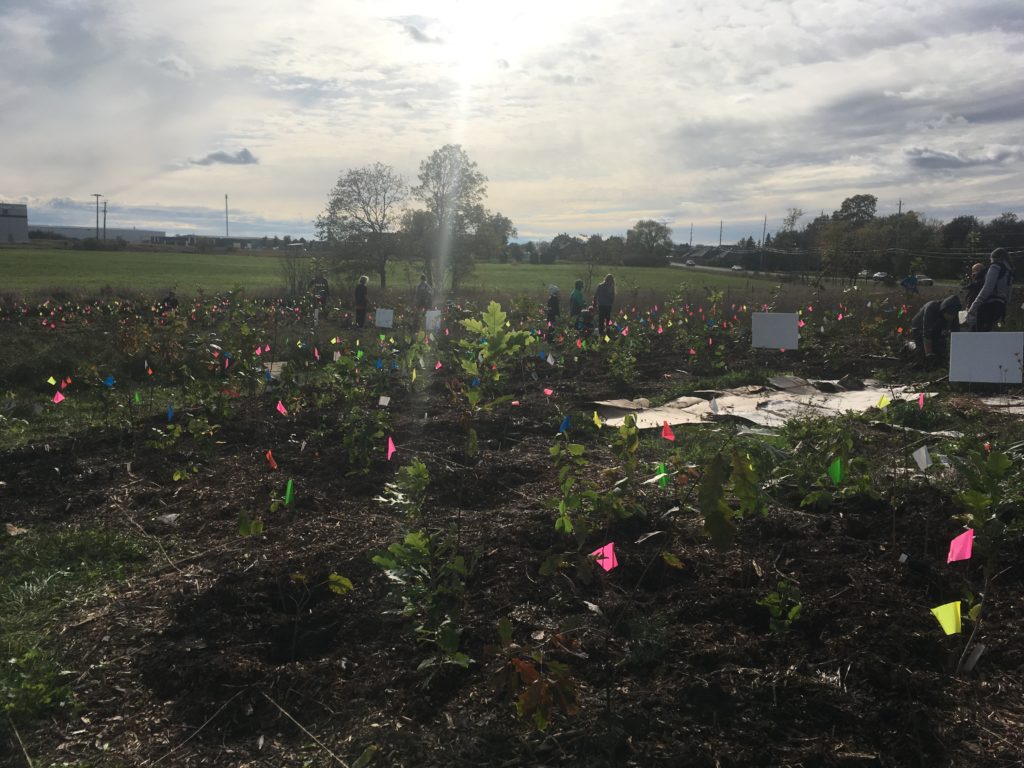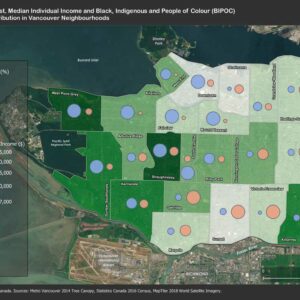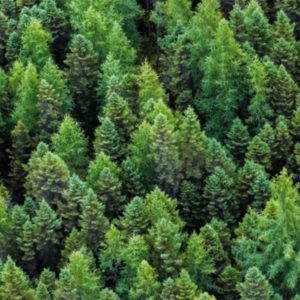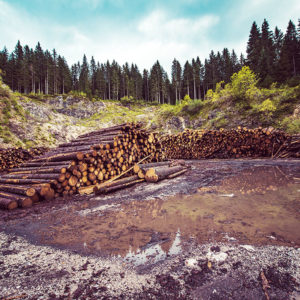Nature Canada Recognizes Little Forests Kingston With Its Conservation Partner Award
Have you heard of Little Forests? They are exactly what they sound like, but also so much more. Little Forests are dense fast-growing forests, e.g. 300-600 native trees and shrubs in an area roughly the size of a tennis court, that are home to vast amounts of biodiversity below and above the soil—making them a powerful nature-based climate solution. It is a forest management method developed by Dr. Akira Miyawaki in Japan in the 1970s, but is relatively new to Canada and Kingston is now home to some of the first Little Forests in Canada.

Little Forests Kingston is a powerhouse that is part of an intricate web of communities and organizations, and this shows in the number of Little Forests they are planting in their first year: Walking The Path to Peace Together (or Highway 15), Lakeside, and Wolfe Island. Little Forests are also being planned for Kingston Secondary School and Addictions and Mental Health Services.
More important than figuring out which species to plant though, the Little Forests Kingston team knew that building the community was priority number one. When I arrived at Highway (Hwy) 15 Little Forest on Saturday, Oct. 23, this was very evident. There were dozens of people on site. Although this was just one of many planting days at one of multiple locations, there were cooks busy feeding people, a firekeeper tending the sacred fire, people of all ages planting, coaches teaching the planting method, and a cellist serenading the little saplings. It was truly a sight to behold.
It was also awe-inspiring to hear how many of the trees were planted by children. Maureen Buchanan, one of the leaders of Little Forests Kingston, pointed out that the children were helping the trees but the trees were also helping the children connect with the land. It was a reciprocal relationship. It was made clear that the Hwy 15 Little Forest is not an act of stewardship but rather about relationships and going into a relationship with the land.
“Little Forests deserve to be recognized as the elegant solutions they are – powerful drivers for climate and social justice and an invitation to be transformed by our environments, for a change.”
Little Forests are not often talked about as a way to decolonize the land, but they have huge potential to be a part of this process and the Hwy 15 Little Forest does it so beautifully. In collaboration with the Kingston Indigenous Language Nest, there “will be a series of teaching/sharing circles that explore Indigenous ways of knowing rooted in the place we live. The Little Forest will be a space for ceremonial practice, learning our languages and sharing a holistic understanding of the forest ecosystem—our kin relations.” As a settler on my own decolonization and reconciliation journey, I am learning that Indigenous language, culture, and land go hand in hand. That they are intricately connected and this is nicely demonstrated by research that shows that land under the care of Indigenous people in Canada has the highest levels of biodiversity – even higher than protected areas like parks or wildlife reserves.
Thank you to Maureen Buchanan, Joyce Hostyn, Joanne Whitfield, and all of the Little Forests Kingston crew for inviting me to come and be a part of the planting, and thank you to Rideau 1000 Islands Master Gardeners, Faith United Church, the Indigenous and non-Indigenous community in Kingston for making it all happen. It is truly incredible, award-winning work!
To learn more about Nature Canada’s Conservation Partner award or to make a nomination, please visit here.



